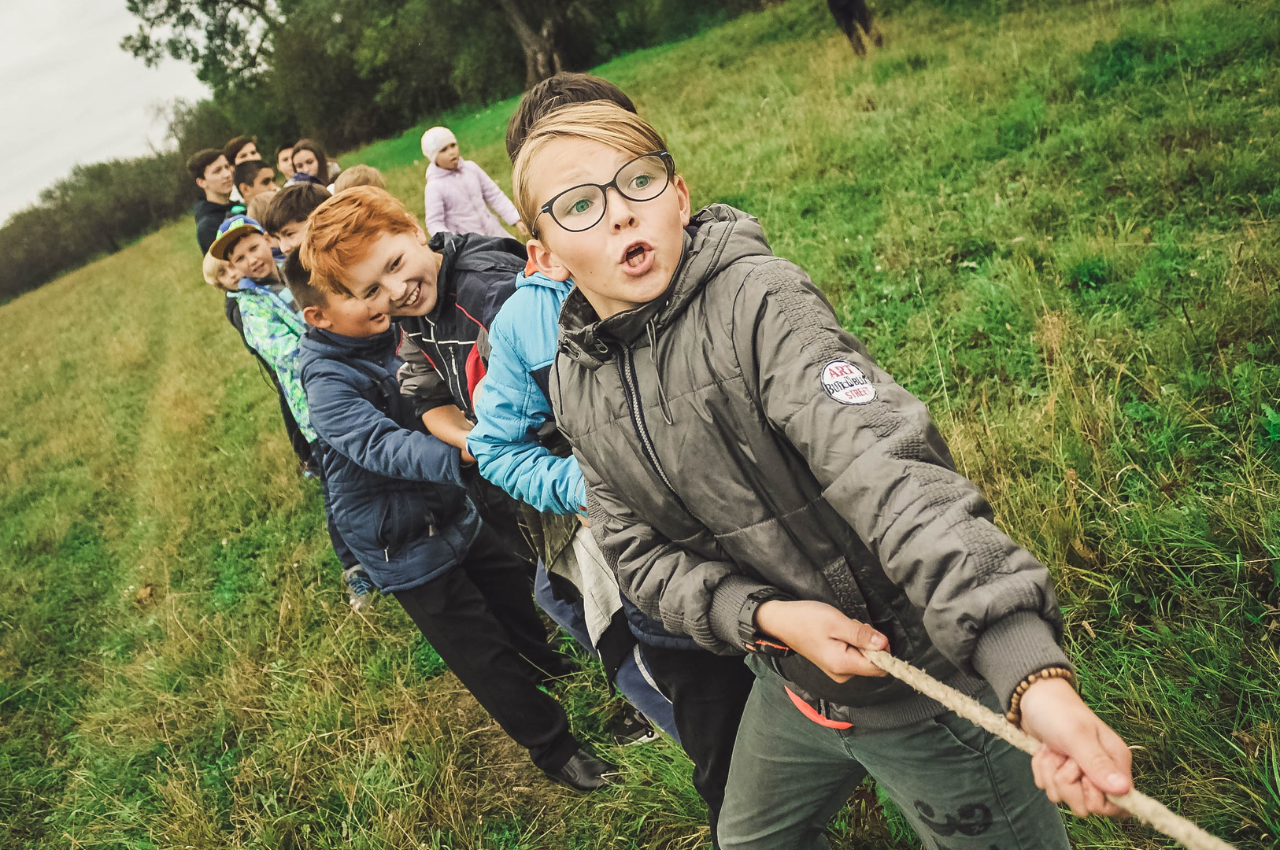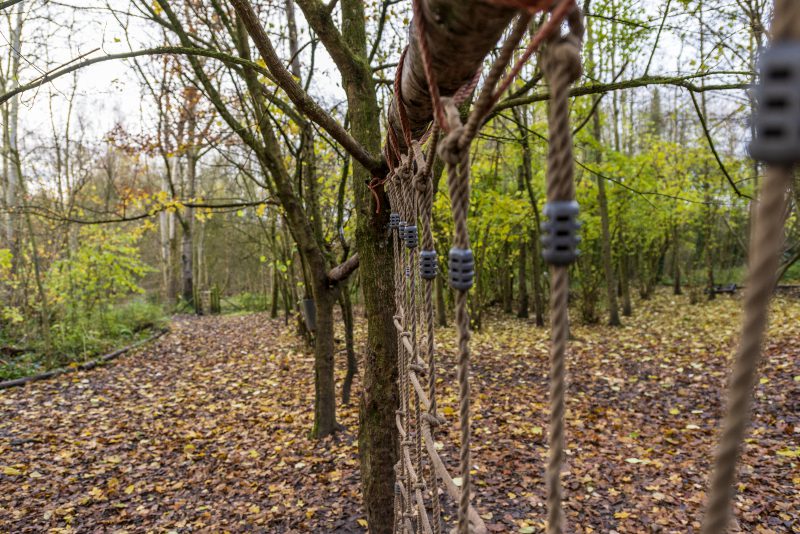
As the name suggests, outdoor learning is teaching that takes place outside of the classroom, in a natural environment. It is based on the belief that learning is more effective when it is hands-on and experiential, and that the great outdoors provides an engaging setting for educational and adventure based activities.
Outdoor learning includes many forest school activities such as nature walks, outdoor games and environmental projects, as well as specialist activities including climbing and archery. It can be used alongside the national curriculum to teach a wide range of subjects, from science and maths to art and environmental studies.
What does outdoor learning look like at We Are Adventurers?
We are fortunate at We Are Adventurers to be able to deliver outdoor learning in multiple locations. We have our own site in Manchester where we run sessions in natural surroundings, and we are also welcomed into primary and secondary schools, as well as colleges, around Greater Manchester to deliver outdoor learning.
Outdoor activities in KS1
At We Are Adventurers we understand, respect and accommodate the variety of learning abilities among the children who come to us and therefore adapt all of our planning and outdoor activities for each group.
Here are some examples of outdoor learning activities suitable for KS1:
- Nature scavenger hunt: Explore the outdoor environment while looking for natural objects such as leaves, twigs, rocks or feathers.
- Outdoor art: Use natural materials such as leaves, sticks, and flowers to create artworks or objects.
- Outdoor games and sports: Play a variety of outdoor games and sports, such as stuck in the mud, camouflage, hide and seek.
- Outdoor music and movement: Make music with natural objects, such as shakers made from dried beans or drums made from logs. As well as playing our new instruments, we encourage movement activities such as dancing or yoga.
- Bird watching: Observe and identify different birds in the outdoors, using binoculars and bird identification guides.
Outdoor activities in KS2
As children grow, their development needs and understanding levels vary. We offer outdoor learning activities that challenge and support all learners in their KS2 journey towards KS3.
Here are some examples of outdoor activities suitable for KS2:
- Outdoor survival skills: Learn basic survival skills such as building a shelter, making a fire, and finding food and water in the wild.
- Outdoor adventure sports: Introductions to a wide range of activities including archery, rock climbing, or kayaking.
- Outdoor art and photography: Use the natural environment as inspiration for art and photography projects, with a variety of mediums such as paint, charcoal and digital cameras.
- Outdoor cooking: Learn to cook over a campfire or with a portable stove, to make simple dishes such as soup or stew.
- Outdoor team-building activities: Engage in group activities that promote teamwork and collaboration, such as building a rope bridge or navigating a low ropes course.
Why is outdoor learning important in the early years?
Young children are especially curious to discover all about the world around them. At We Are Adventurers, we provide all of the young people who come to us with the opportunity to explore and discover their environment in a safe and engaging way. This helps to develop their natural curiosity, enables them to understand and evaluate risk, and encourages a love of learning.
We believe that the earlier you engage children with nature, the more likely you are to instil a lifelong passion for learning in the outdoors. We often see children who first came to us as very young adventurers come back for birthday parties, holiday clubs and – most recently – even as teenage young leaders.
That is why we have created special forest school sessions for nursery children during their school day, as well as toddler outdoor activities at our Manchester site.
How can outdoor learning improve children’s behaviour?
Outdoor learning has the potential to improve children’s behaviour in several ways. First, being outdoors provides children with the opportunity to engage in physical activities that release energy and reduce stress. This boost improves their focus and concentration, as well as their overall mood.
Second, outdoor learning also provides children with the chance to engage in activities that are challenging, yet achievable. This can help to boost confidence and self-esteem, which in turn promotes more positive behaviour in other areas of their lives. Finally, outdoor learning also provides children with the opportunity to work together and collaborate with their friends. This helps to develop their social skills and ability to communicate with others.
As you can see, learning outdoors is a simple activity that has a multitude of associated, positive benefits. As a teaching method, it is highly effective for all age groups.
By taking learning outside of the classroom and into nature, students have the opportunity to engage with the world around them in a hands-on, experiential way. This promotes the development of important skills such as critical thinking, problem-solving and collaboration.
Additionally, outdoor learning helps students connect with nature and develops a sense of respect for the environment. Overall, the use of outdoor learning in education is an approach that enhances the learning experience for all students.
We Are Adventurers is proud to deliver outdoor learning that impacts thousands of young lives positively. Have a look at the range of forest school courses, clubs and activities that we offer and see what ones are right for you.


